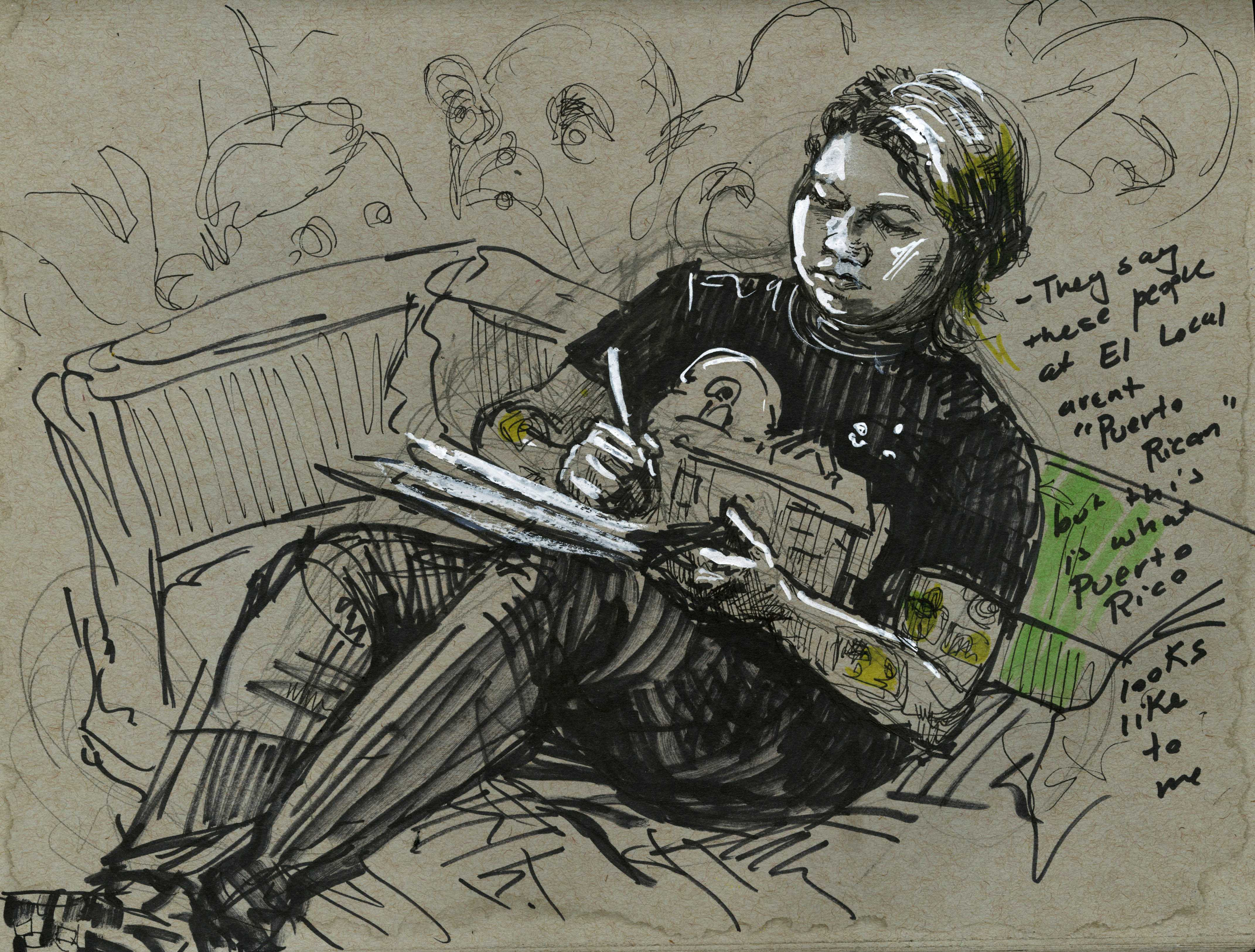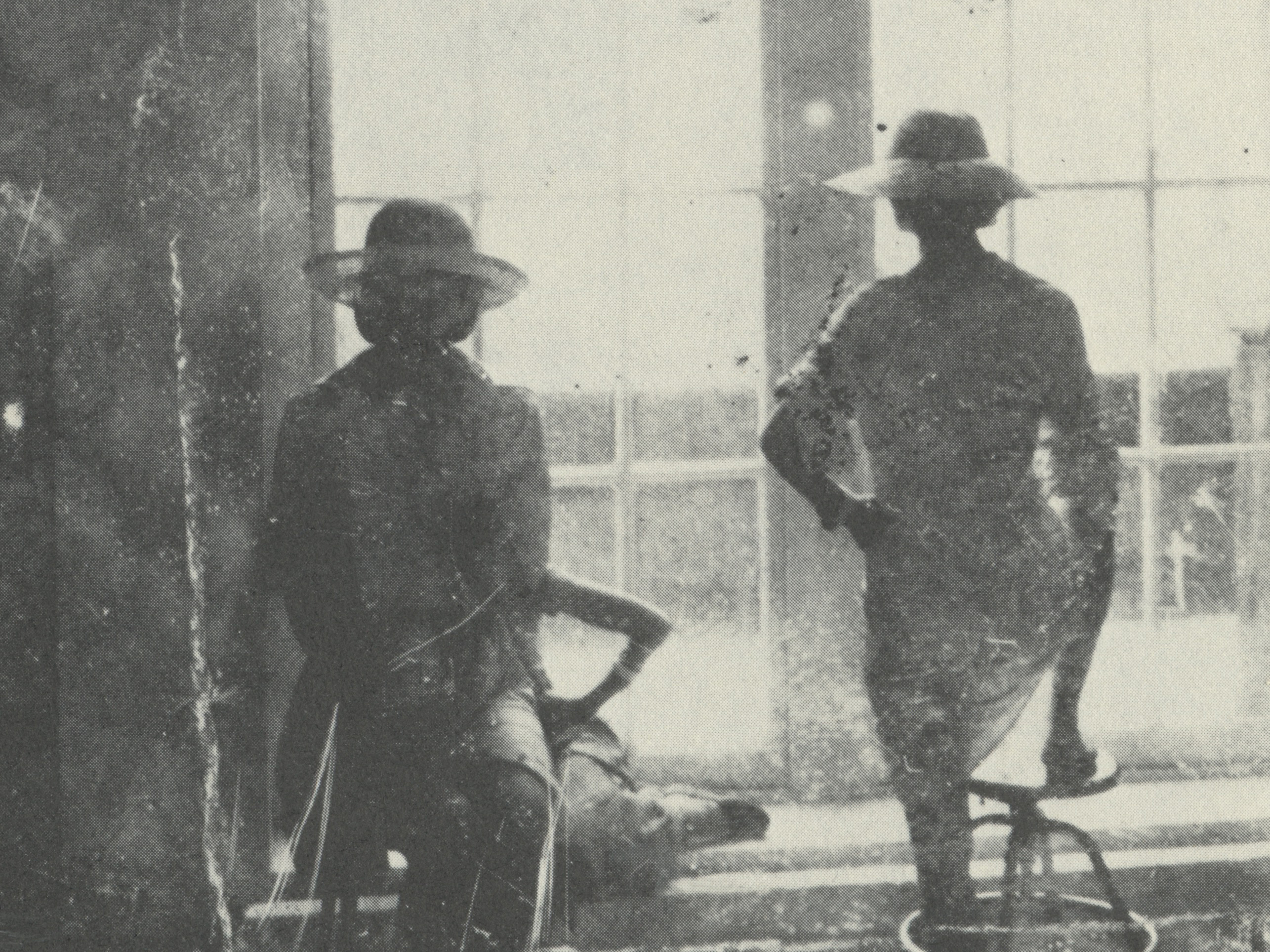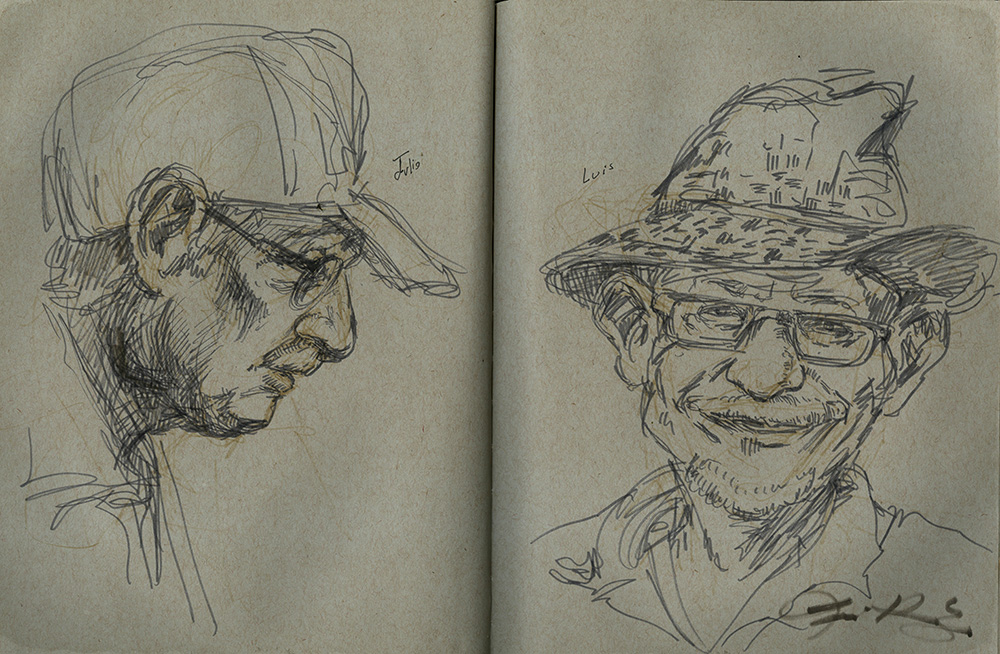Woolf A Sketch Of The Past Pdf Printer
For Woolf's curiously telescoped accounts of the Duckworths' assaults, see 'A Sketch of the Past' and '22 Hyde Park Gate' (1920), both in Moments of Being, pp. 69, 177, respectively. Download >> Download Woolf a sketch of the past pdf. Read Online >> Read Online Woolf a sketch of the past pdf moments of being woolf a sketch of the past summary a writer's diary dostoevsky pdf the diary of virginia woolf volume 1 pdf a sketch of the past sexually abused virginia woolf diary online virginia woolf a. Short analysis and summary of Virginia Woolf’s story From a Sketch of the Past Analysing the title of Virginia Woolf’s story, the dennotative meaning of the word sketch is a simple, quickly-made drawing that does not show much detail, and another definition for this noun is a short written or spoken description ( Longman Dictionary of.
Quotations for Discussion from A Sketch of the Past Quotations for Discussion: 'A Sketch of the Past' Updated July 7, 1997 Created July 7, 1997 Woolfs autobiographical writings demonstrate some of the same narrative techniques she uses in her novels. analytical approach to writing (of both rhetorical devices and psychological conditions).experimentalism. 'tunneling' process. narrative interruptions (e.g., p.
67). highly evocative imagery, especially visual (e.g., p. 66) ' A Sketch of the Past' (1939) The Critic 'As a great memoir reader, I know many different ways. But if I begin to go through them and to analyse them and their merits and faults, the mornings.
Will be gone. So without stopping to choose my way, in the sure and certain knowledge that it will find itself, or if not it will not matterI begin: the first memory.' (64) The Artist 'If life has a base that it stands upon, if it is a bowl that one fills and fills and fillsthen my bowl without a doubt stands upon this memory. It is of lying half asleep, half awake, in bed in the nursery at St.
It is of hearing the waves breaking, one, two, one two, and sending a splash of water over the beach; and then breaking, one, two, one, two, behind a yellow blind. It is of hearing the blind draw its little acorn across the floor as the wind blow the blind out.
It is of lying and hearing this splash and seeing this light, and feeling, it is almost impossible that I should be here; of feeling the purest ecstasy I can conceive.' (64-65) The Woman In ' A Sketch of the Past,' Woolf reports that until she wrote To the Lighthouse, 'the presence of my mother obsessed me. I could hear her voice, see her, imagine what she would do or say as I went about my day's doings.

She was one of the invisible presences who after all play so important a part in every life. This influence, by which I mean the consciousness of other groups impinging upon ourselves; public opinion; what other people say and think. Has never been analysed in any of those Lives which I so much enjoy reading, or very superficially. The ArtistYet it is by such invisible presences that the subject of the memoir is tugged this way and that every day of his life; it is they that keep him in position. Consider what immense forces society brings to play upon each of us, how that society changes form decade to decade; and also from class to class; well, if we cannot analyse these invisible presences, we know very little of the subject of the memoir; and again how futile life-writing becomes. I see myself as a fish in a stream; deflected; held in place; but cannot describe the stream.'
(80 my emphasis) On ' Moments of Being' 'Every day includes more non-being than being. Yesterday for example.

Has it happened a good day; above the average in being. It the weather was the fine; I enjoyed writing these first pages;. I walked over Mount Misery and along the river; and save that the tide was out, the country, which I notice very closely always, was coloured and shaded as I likethere were the willows, I remember, all plumy and soft green and purple against the blue. I also read Chaucer with pleasure; and began a bookthe memoirs of Madame de la Fayettewhich interested me. These separate moments of being were however embedded in many more moments of non-being. I have already forgotten what Leonard and I talked about at lunch; and at tea; although it was a good day the goodness was embedded in a kind of nondescript cotton. The real novelist can somehow convey both sorts of being. I think Jane Austen can, and Trollope; perhaps Thackeray and Dickens and Tolstoy.

I have never been able to do both.' (70) '2nd May. I write the date, because I think that I have discovered a possible form for these notes. That is, to make then include the presentat least enough of the present to serve as a platform to stand upon.'
(75) Artist-CriticShock-Receiving Capacity In childhood, long spells of 'non-being, and 'Then, for no reason that I know about, there was a sudden violent shock; something happened so violently that I have remembered it all my life. I will give a few instances. The first: I was fighting with Thoby on the lawn. We were pommelling each other with our fists. Just as I raised my fist to him, I felt: why hurt another person? I dropped my hand instantly, and stood there, and let him beat me.
I remember the feeling. It was feeling of hopeless sadness. It was as if I became aware of something terrible; and of my own powerlessness. I slunk off alone, feeling horribly depressed. The second instance was also in the garden at St.
Woolf A Sketch Of The Past Pdf Printer Download
I was looking at the flower bed by the front door; 'That is the whole,' I said. I was looking at a plant with a spread of leaves; and it seemed suddenly plain that the flower itself was a part of the earth; that a ring enclosed what was the flower; and that was the real flower; part earth; part flower. It was a thought I put away as being likely to be very useful to me later.
I still have the peculiarity that I receive these sudden shocks they are now always welcome; after the first surprise, I always feel instantly that they are particularly valuable. And so I go on to suppose that the shock-receiving capacity is what makes me a writer. I hazard the explanation that a shock is at once in my case followed by the desire to explain it. I feel that I have had a blow; but it is not, as I thought as a child, simply a blow from an enemy hidden behind the cotton wool of daily life; it is or will become a revelation of some order; it is a token of some real thing behind appearances; and I make it real by putting it into words. It is only by putting it into words that I make it whole. From this I reach what I might call a philosophy; at any rate it is a constant idea of mine; that behind the cotton wool is hidden a pattern; that weI mean all human beingsare connected with this; that the whole world is a work of art; that we are parts of the work of art. Hamlet or a Beethoven quartet is the truth about this vast mass that we call the world.
But there is no Shakespeare, there is no Beethoven; certainly and emphatically there is no God; we are the words; we are the music; we are the thing itself. And I see this when I have a shock.' (71-72) 'I feel that by writing I am doing what is far more necessary than anything else.' (73) Woolfs description of her mother, Julia Jackson Stephen (1846-95), 'then': 'I suspect the word `central' gets closest to the general feeling I had of living so completely in her atmosphere that one never got far enough away from her to see her as a person. She was the whole thing; Talland House St. Ives, Cornwall was full of her; Hyde Park Gate London was full of her (83). I see now, though the sentence is hasty, feeble and inexpressive, why it was that it was impossible for her to leave a very private and particular impression upon a child.
She was keeping what I call in my shorthand the panoply of lifethat which we all lived in commonin being. The later view, the understanding that I now have of her position must have its say; and it shows me that a woman of forty with seven children, some of them needing grown-up attention, and four still in the nursery; and an eighth, Laura, an idiot, yet living with us; and a husband fifteen years her elder, difficult, exacting, dependent on her; I see now that a woman who had to keep all this in being and under control must have been a general presence rather than a particular person to a child of seven or eight. Can I remember ever being alone with her for more than a few minutes? Someone was always interrupting.'